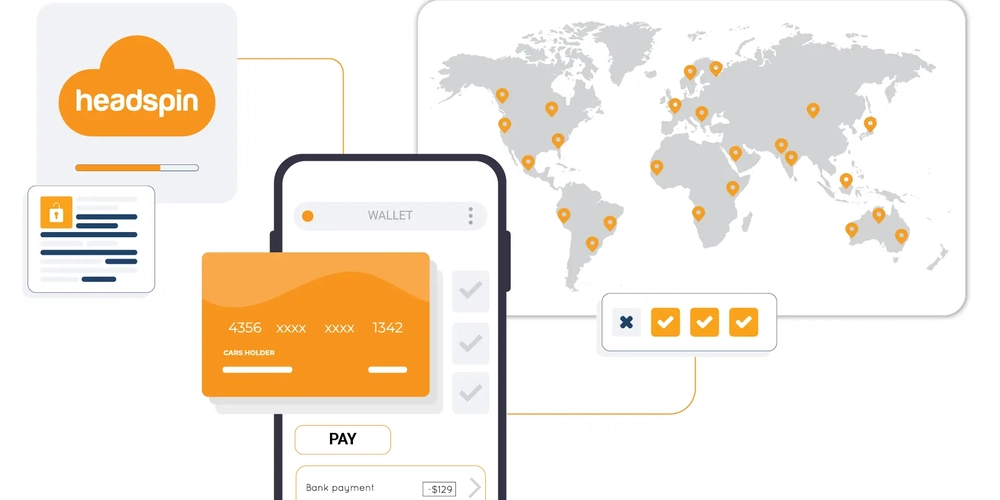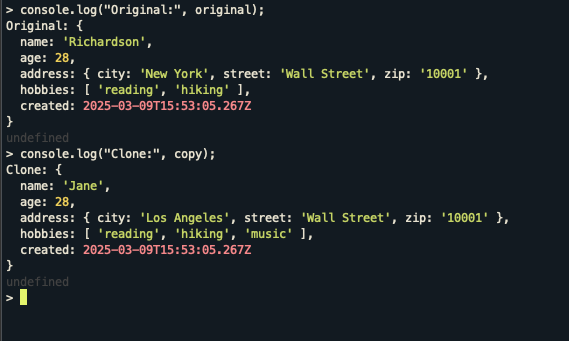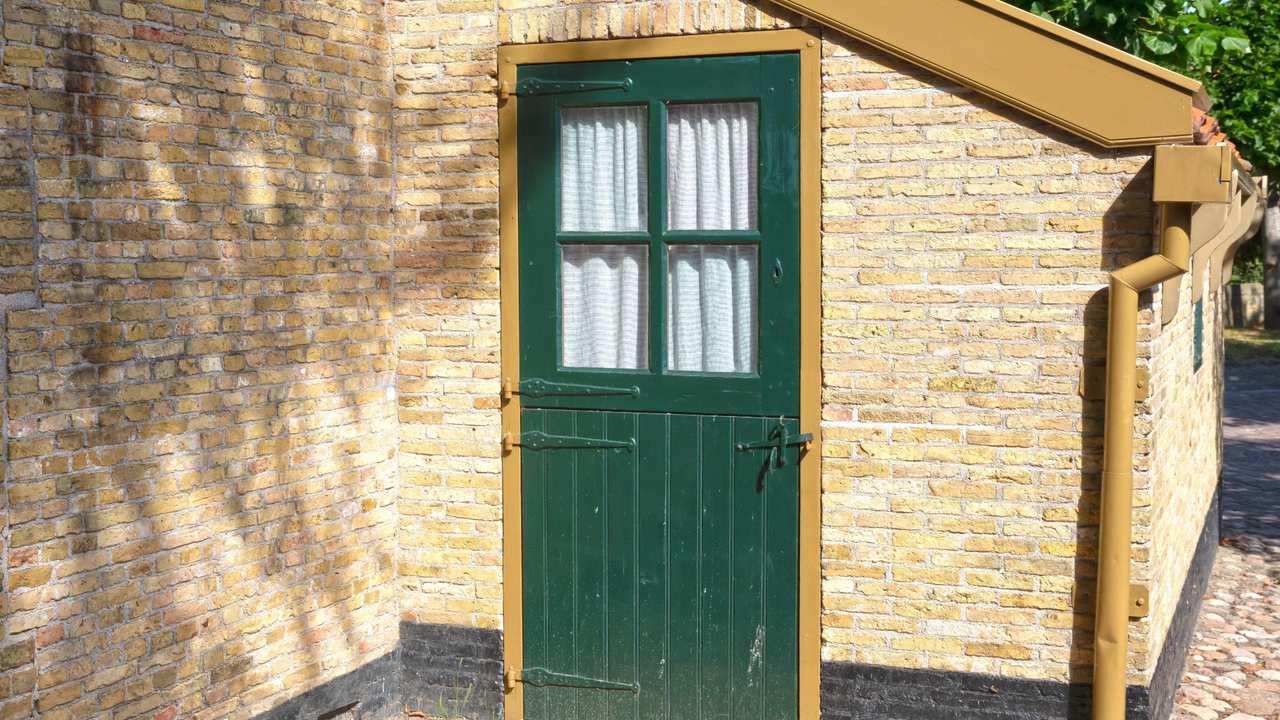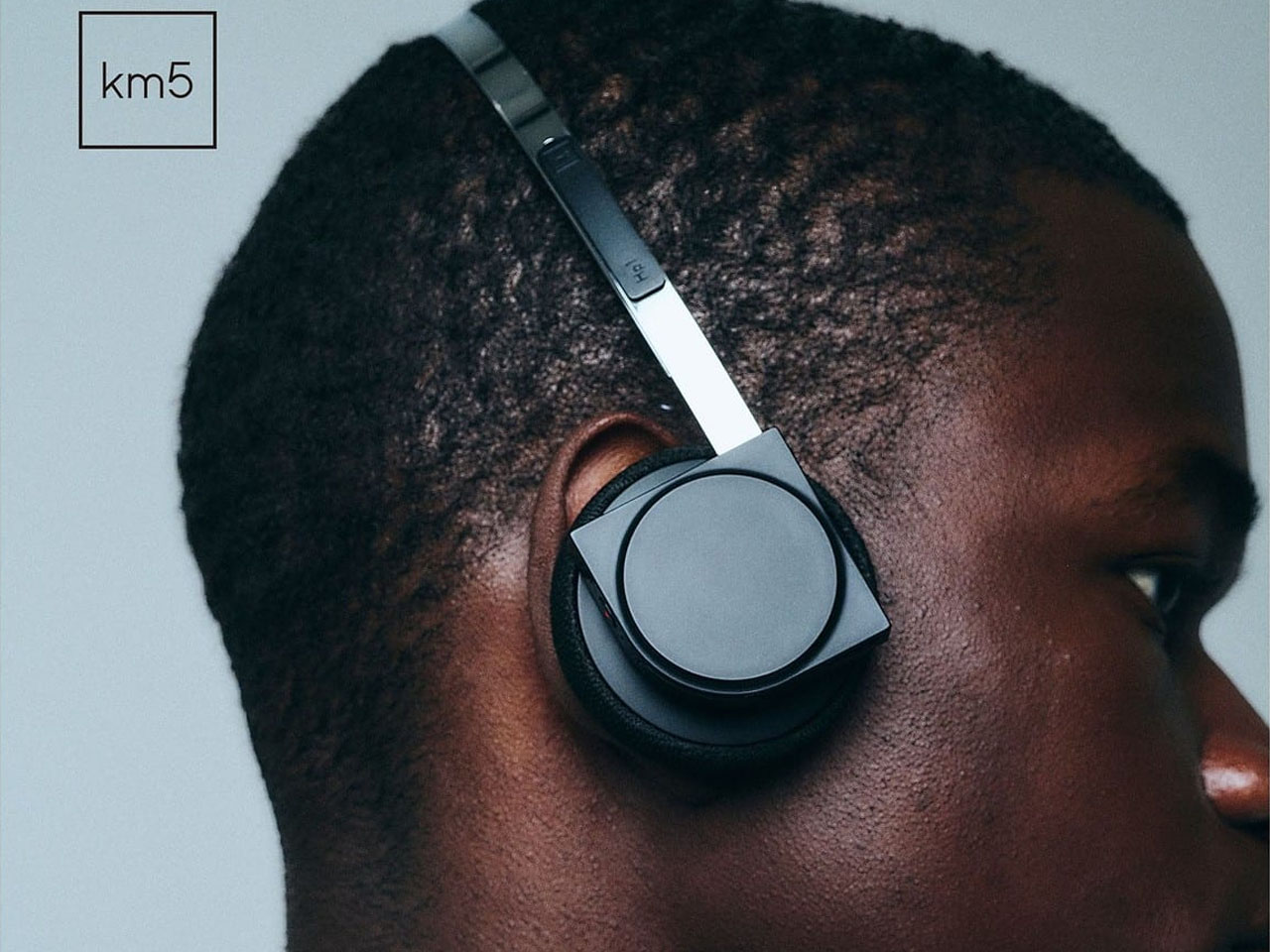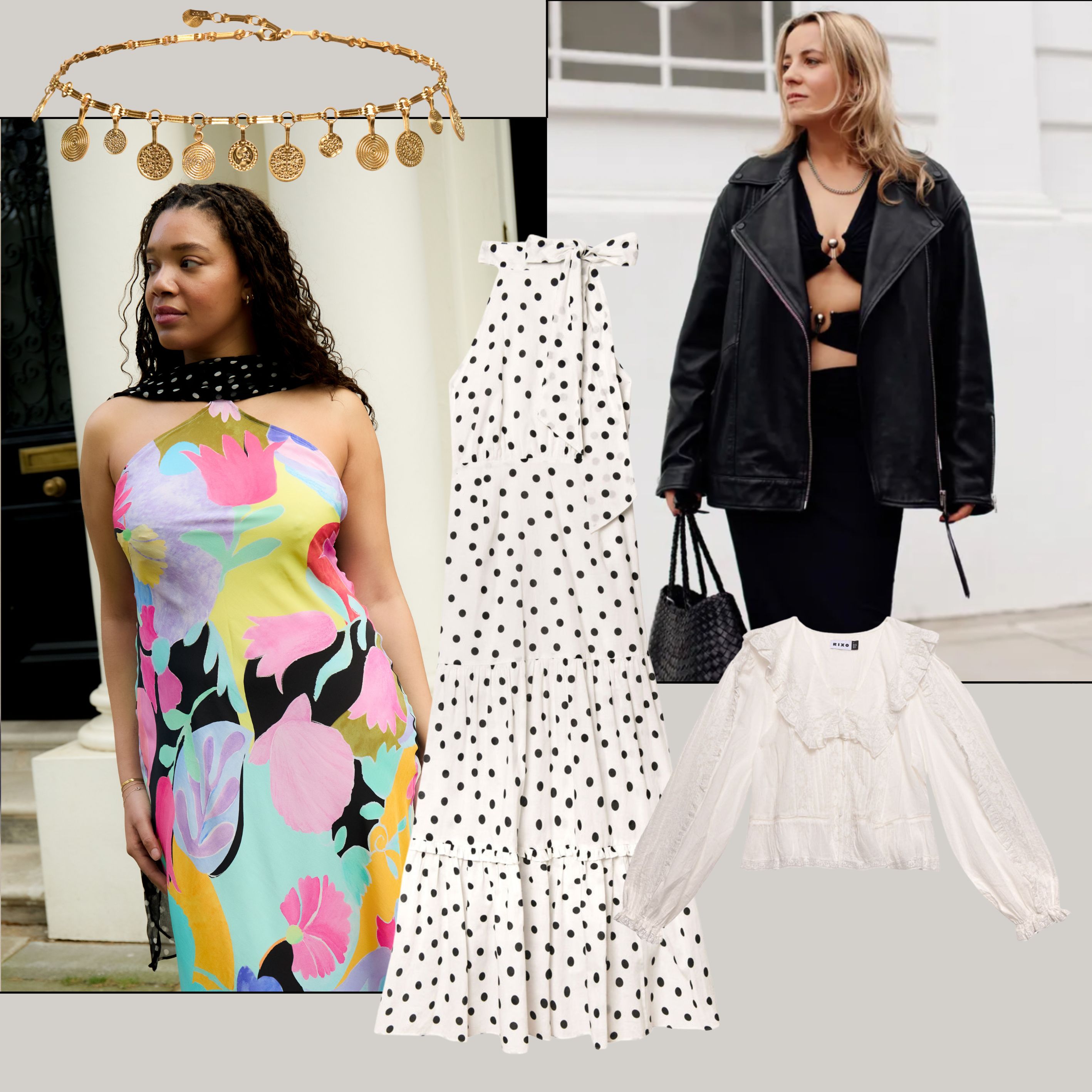Cringe Is Part of Dating. Embrace It
"Cringe has become a social trap that is very hard to escape," writes Myisha Battle.


Dating is replete with awkward moments, from overcompensating for unwanted pauses in conversation to missing social cues to basic miscommunications and misunderstandings. It’s in the early stages of getting to know someone when the potential for these gaffes is highest. They also carry the most weight, which can make dating feel like a social and emotional minefield. Most people want to appear as their best self, but also their most authentic. They want to be vulnerable, without showing weakness, at least to start. So managing awkwardness, or cringe, can be a major concern. [time-brightcove not-tgx=”true”]
I’m privy to so many dating stories, and one thing I know to be true is that cringe can make or break a romantic connection—but not in the way we think. It’s easy to believe the narrative that if you come off as weird, or awkward, or unsure of yourself in some way, that you’ll be immediately discounted as a potential partner. That narrative is embedded in every ugly duckling-turned-swan story we all grew up with, but it’s not how dating actually works.
It’s not that cringe moments need to be avoided at all costs in order for relationships to bloom. In fact, when each person reacts to these embarrassing moments with humanity, humor and compassion, cringe moments can bring people closer together.
Here are real things that have happened to my clients or their dates: profuse sweating, talking too much, not talking at all, thinking a date was a date when it wasn’t, telling bad jokes, half-hug-half-kisses, having a coughing fit, and yes, even vomiting a little bit. It may surprise you to know that not all of these dates were immediate failures, and many turned into relationships (including the date that wasn’t a date and the vomiting). Though many of these experiences may be cringey, they didn’t spell the end of a connection,n and that’s important to remember as you date.
These daters were able to recover from being cringe due to each person’s willingness to not let one moment sour them on the entire experience.
Embarrassing moments in dating and character foibles are depicted in excruciating detail in shows like Sex and the City, Friends, Seinfeld, and Girls. But these shows took place before social media became a primary way of socializing, dating, and comparing ourselves to peers. The pervasive fear of being perceived as cringe, and therefore undatable, is a fairly new phenomenon. The term “cringe” as we use it today was born from a distinctly online need to succinctly respond to embarrassing content. But it has become generalized into our offline lives and unfortunately weaponized against us.
Fear of being cringe (or even cringe by association) can subconsciously insert itself into our decision-making about who to date, how to behave, and how we express ourselves. In short, cringe has become a social trap that is very hard to escape. Gen Z, the first generation to grow up with access to the internet for their entire lives, is particularly susceptible to the pressure to not be cringe, though many realize that things have gone too far. People are slowly admitting to the fact that this constant self-monitoring is costing them opportunities to grow and pursue what they truly want.
Read More: Our Obsession With Dating ‘Icks’ Is Holding Us Back
But it’s one thing to know that cringe may be holding us back, it’s another to face cringe and even be it sometimes, especially on dates.
The fear of being cringe or dating someone who is cringe can be a real barrier to connection, the one thing most daters are trying to find. Being unforgiving of awkwardness on a date in the initial stages preempts the chance of going deeper and getting to know each other better. Expecting perfection, or guarding against our own humanity coming through, is also detrimental to our ability to be present for the good parts of the date. Sure, a date may have gotten a glob of ketchup on their shirt and not realized it, but they are kind, make you laugh, and offer you a sip of their fancy drink. These behaviors actually mean a whole lot more than a person being temporarily embarrassing.
In dating and throughout relationships, we are constantly making bids for connection, according to John and Julia Gottman of The Gottman Institute. These bids can be small, like asking us about ourselves and our day, inviting us to an event, or initiating touch. The Gottmans have studied couples for decades and identified that we actually have several choices when it comes to responding to others’ bids for connection: turning towards, turning away, or turning against them. They have also found that happy couples turn towards each other’s bids for connection about 86% of the time. Dismissing someone because they are awkward in how they try to bid for connection would be turning away and pointing out that something is cringe would be turning against their bid for connection.
I have seen dating mishaps recover when both parties are willing to accept the inherent ridiculousness of our normal courtship rituals. They aren’t bogged down in the formalities of it all and make space for awkwardness to come and go, because it inevitably does. And when someone responds with genuine concern when something embarrassing or distressing happens to their date instead of recoiling in disgust, it paves the way for not only connection, but trust and intimacy. That’s worth overlooking cringe.















